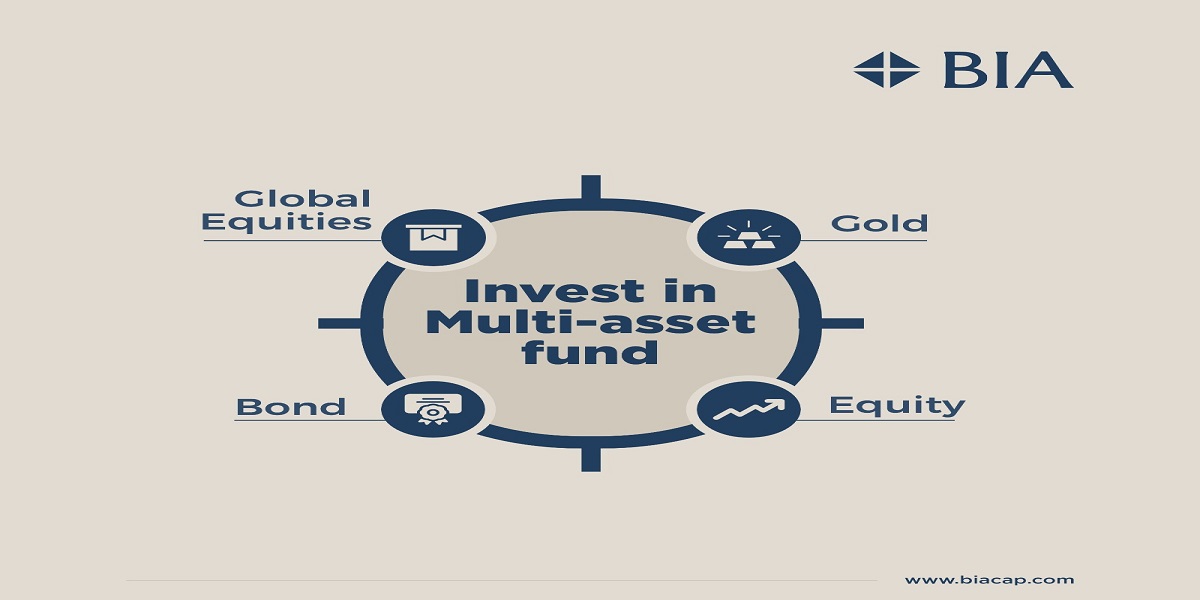“Value investing is the discipline of buying securities at a significant discount to their underlying intrinsic value.” – Seth Klarman
Each investor has unique approach and style while identifying investment opportunities. Value Investors share a common focus on finding undervalued assets and investing with a margin of safety. Benjamin Graham, Warren Buffett, Charlie Munger, Seth Klarman are few names who have made their mark in value investing. Benjamin Graham the mentor of Warren Buffet is regarded as the Father of Value Investing.
As the world of finance becomes increasingly complex, investors are constantly seeking new strategies to build wealth and achieve their financial goals. One approach that has been time tested is Value Investing. Lets understand how to identify Value Funds from the Mutual Fund Basket and analyse whether they worth it ..
KEY HIGHLIGHTS
- What is a Value Fund ?
- Value v/s Growth
- What is not Value Investing ?
- What is the ideal time horizon to invest in Value Fund?
- Why Value Funds are must in a Balanced Portfolio?
- NFO Review – Baroda BNP Paribas Value Fund
- Should you Invest in Value Funds ?
What is a Value Fund?
A value fund is a type of mutual fund is an open ended scheme that invests 65% in equity and equity related instruments that are considered undervalued by the market for various reasons, such as temporary setbacks, market downturns, or investor pessimism.
Value fund managers typically follow the strategy developed by Benjamin Graham and Warren Buffet that seeks to identify companies that are trading at a discount to their intrinsic value. This approach involves analyzing a company’s financial statements, earnings potential, management, and competitive position to determine its intrinsic value. Value funds identify stocks that are currently undervalued but are expected to perform well over time as the value is unlocked
Value vs Growth
| Comparison Criteria | Growth Investing | Value Investing |
| Type of Companies | Generally Young companies, Small to Mid Sized with High growth Potential. | Matured Corporations, large in size, with Low to Moderate consistent growth potential |
| Investors Looking for | Capital Gains | Dividend and Stock Price Appreciation |
| Valuations | High P/E & P/BVs | Low P/E and P/BVs |
| Valuation Metrics | EPS, Profit Margins, ROE, Growth Rate | Book Value, Dividends, and Cashflows |
| Validity of Efficient Market Hypothesis | Valid. Believers argue it is pointless to search for undervalued stocks | Invalid. Believers look for inefficiency |
What is not Value Investing ?
Though is seems simple but identifying a Value Stock needs a lot of work. You may end up investing in a value trap. Identifying a value trap, which refers to a stock that appears to be undervalued but turns out to be a poor investment, can be challenging.
There are various factors which require assessment to identify whether the investment is a value trap. The Quality of the Earnings, Basic Financial health, Competitive Industry Analysis and Management Quality of the company should be considered along with the valuation metrics.

Source : PPT of Baroda BNP Paribas Value Fund
What is the ideal time horizon to invest in Value Fund?
The ideal time horizon to stay invested in value funds is at least 7 years. This is because value stocks can be more volatile and they may not perform as well in the short term. They may underperform significantly for extended time periods. Value stocks generally have a higher dividend yield. The funds do not give immediate returns but ensure safety of capital and good dividend yields.
Why Value Funds are must in a Balanced Portfolio?
There are several reasons why value funds can be a good addition to a balanced portfolio
- Focus on fundamentally sound companies: Value funds seek out companies with strong financials, stable earnings, and attractive valuations.
- Emphasis on dividend yields: Value stocks often offer higher dividend yields, which can provide additional returns to investors.
- Favorable price-to-earnings (P/E) ratios: Value investors look for stocks trading at low P/E ratios compared to their peers or historical averages.
- Potential for capital appreciation: The expectation is that the market will recognize the company’s value, leading to an increase in stock price over time.
- Lower valuation risk: Since value stocks are often priced lower compared to their intrinsic value, they may have less downside risk.
NFO Review – Baroda BNP PAribas Value Fund
As we discuss on the Value Funds, NFO of Baroda BNP Paribas Value fund opens for subscription from 17th May 2023 to 31st May 2023. The fund aims to invest in under-valued companies which aims to generate wealth in long term.
The Fund’s introductory PPT focusses on following important points
- Value Investing is investing in stocks which are at discount to it’s intrinsic value or true potential
- Value Opportunities can be found at markets, sectors and stock levels
- Beware of Value Traps – Low PE does not translate in value stocks
- The Investment Philosophy is defined as the 3S Framework

Performance of Value Funds (As on 10th May 20023)
| Scheme Name | AUM (Crore) | Returns (%) 1 year | Returns (%) 3 years | Returns (%) 5 years | Returns (%) 10 years | YTD Ret (%) | Since Launch Ret (%) |
| HSBC Value Fund Regular Gr | 8087.74 | 18.78 | 31.99 | 11.01 | 17.98 | 3.13 | 14.81 |
| ICICI Pru Value Discovery Fund Gr | 27677.30 | 17.51 | 34.50 | 14.78 | 17.74 | 3.21 | 19.61 |
| Bandhan Sterling Value Reg Gr | 5430.33 | 16.94 | 43.90 | 11.19 | 16.66 | 3.73 | 16.1 |
| Tata Equity PE Fund Reg (Gr) | 5128.22 | 17.9 | 26.08 | 8.92 | 16.50 | 3.31 | 17.72 |
| Nippon India Value Gr | 4832.73 | 14.29 | 31.46 | 11.74 | 15.07 | 0.91 | 15.32 |
| HDFC Capital Builder Value Gr | 5231.13 | 13.48 | 28.75 | 8.88 | 14.41 | -0.24 | 14.15 |
| UTI Value Opportunities Reg Gr | 6652.02 | 12.58 | 26.7 | 11.5 | 12.29 | -1.39 | 13.94 |
| Canara Robeco Value Fund Reg Gr | 803.138 | 21.8 | – | – | – | 3.3 | 10.95 |
Should you invest in Value Funds?
Let;s Analyse how Value has performed on the Indian markets.

(Source Bloomberg, Baroda BNP Paribas Mutual Fund)(Data as on 31st March 2023)
The value style of investing has outperformed the broad market benchmark in 12 out of 14 financial years.
Value Investing, though popular and time tested, also has some shortcomings. Identifying a proper Value stock is indeed a challenge. Value Funds in India have generated decent returns for their investors, but at times they have tested the patience of the investor too.
Value funds can be a good fit for investors who have a long-term investment strategy and are looking to build a diversified portfolio with a mix of growth and value investments. As value funds invest in undervalued companies with solid fundamentals, they can provide steady returns over the long-term.
Check more articles on our Insights Page..




